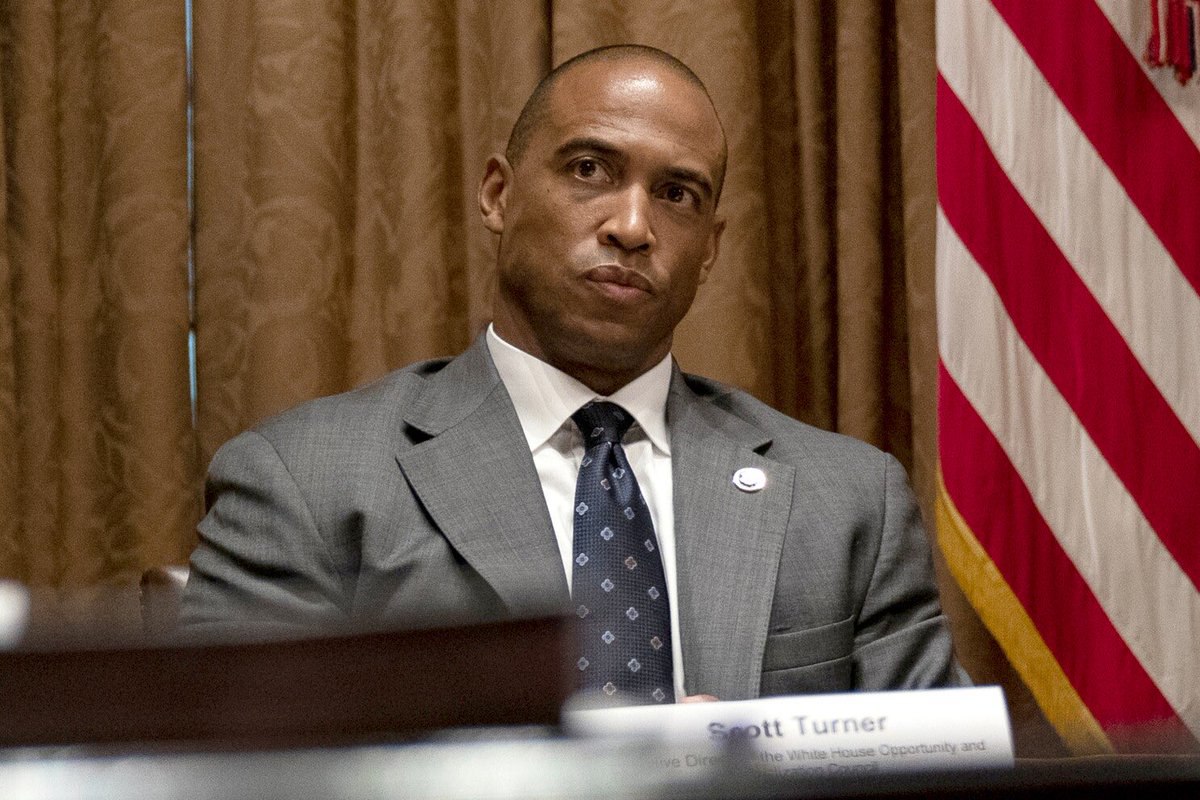Children's Playtime Reflects Changing Societal Themes
In a notable shift from traditional childhood games, a recent anecdote has surfaced regarding a group of children who have replaced the classic game of "Cowboys and Indians" with a new play scenario dubbed "ICE and Illegals." This change reflects evolving societal themes and the impact of current events on the younger generation's perception of the world around them.
The revelation came from a parent who shared their child's experience, highlighting how the game mirrors contemporary issues surrounding immigration and law enforcement in the United States. The parent noted, "We used to play Cowboys and Indians as kids, but my son said the kids at his school play ICE and Illegals." This statement underscores the significant influence that current political and social narratives have on children's playtime activities.
The term "ICE" refers to the U.S. Immigration and Customs Enforcement agency, which has been a focal point of national discussions regarding immigration policy and enforcement practices. The incorporation of such themes into children's games raises questions about the implications of these narratives on young minds and their understanding of complex societal issues.
Experts in child development suggest that play is a crucial way for children to process and understand the world around them. As societal issues become more prominent in public discourse, it is not surprising that children would adapt their play to reflect these realities. However, this trend may also indicate a need for parents and educators to engage in conversations with children about these topics, ensuring they have a balanced understanding of the issues at hand.
As the landscape of childhood play continues to evolve, it serves as a reminder of the ways in which societal changes permeate even the most innocent aspects of life. The shift from traditional games to those reflecting modern-day challenges may prompt further discussions about the role of play in shaping children's perspectives on complex issues.



